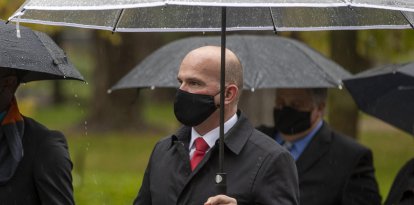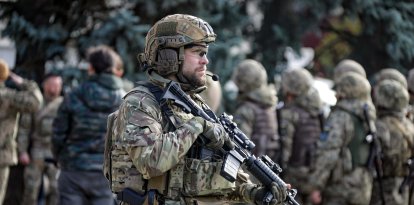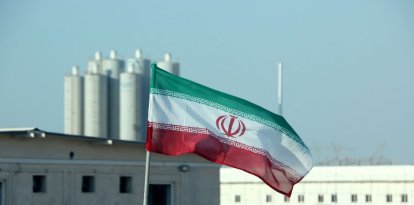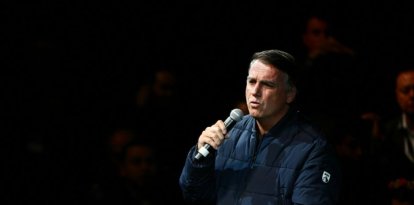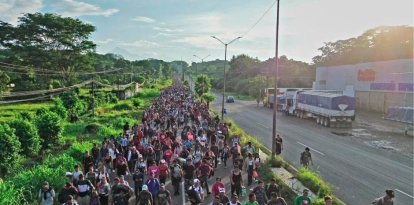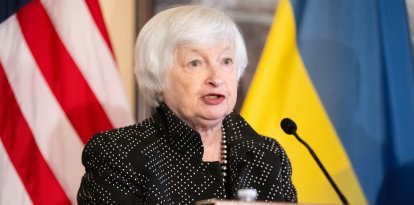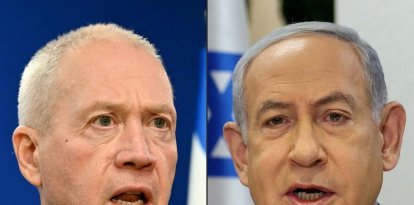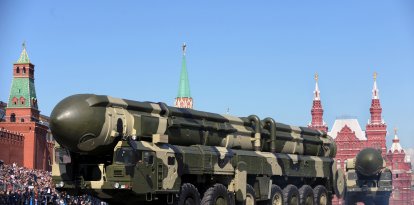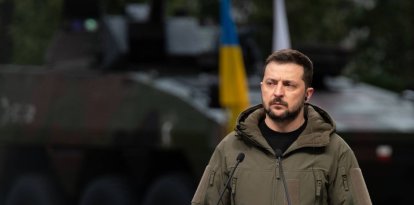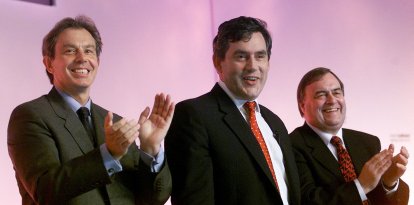Elections in Guatemala: the presidency will be determined in a runoff in August
The Movimiento Semilla candidate, Bernardo Arévalo, surprisingly had the second most votes despite low ratings in the polls. Sandra Torres, from UNE, had the most votes.
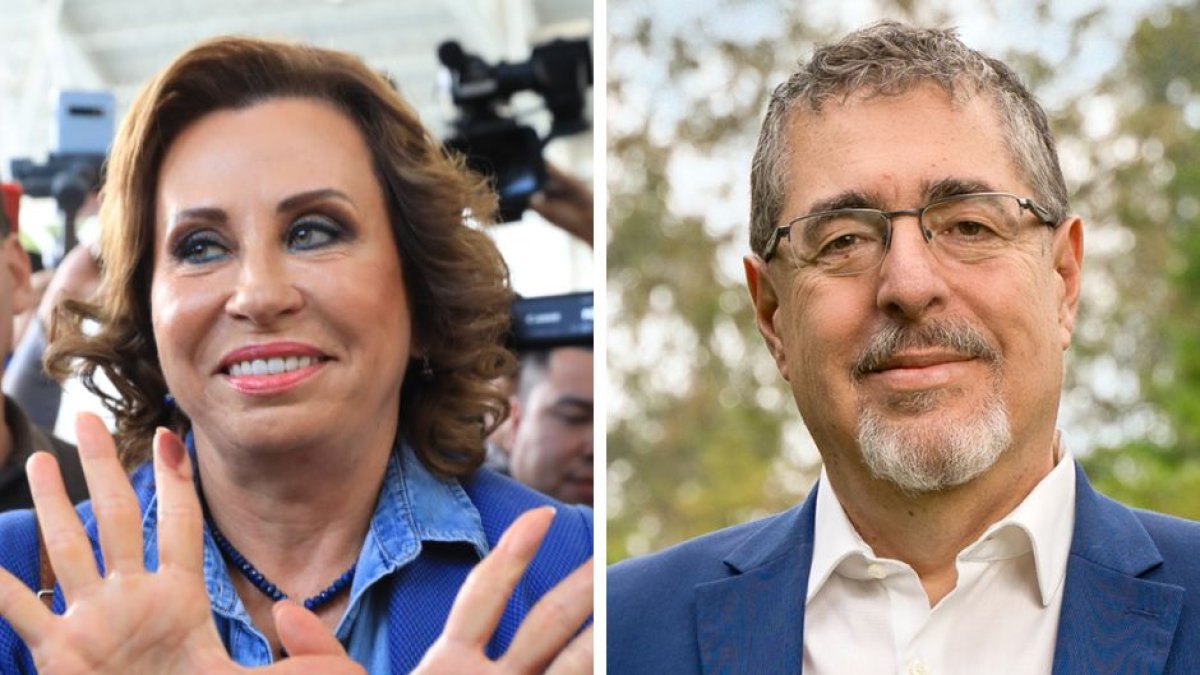
(Cordon Press / Wikimedia Commons)
Guatemalans will return to the polls on August 20. Bernardo Arévalo de León, from Movimiento Semilla, and Sandra Torres Casanova, from Presidencia por la Unidad Nacional de la Esperanza (UNE), will face each other in a runoff after being the most voted in last weekend's elections.
This was reported by the Supreme Electoral Tribunal (TSE), which stated that the "tendency was clear" when 90% of the votes had been counted. The local newspaper Prensa Libre, which reported these statements, pointed out that the TSE did not clarify who would go to the second round at the time.
At 6 a.m. local time, when 97% of the votes were counted, the tally showed Torres in first place. With 15.6%, her party was 3% ahead of Arévalo's party, which got 11.8% overall. Vamos, the party led by Manuel Conde, was far behind (with 7.8%).
None of the above
There were more abstentions than votes for one candidate. About 17% of the more than 5 million voters opted for this option.
Days before the elections, polls showed that voters were generally dissatisfied with Guatemalan politics. If we add to this a 40% abstention rate, the prognosis seems to be accurate.
Survey error
The polls prior to the election showed Arévalo far from the top.
A survey conducted by Pro Datos and Prensa Libre was right in ranking Torres in first place, although with too high a percentage (21.3%). He was followed by Edmond Mulet (13.4%), from the Cabal party, and Zury Ríos (9.1%), from Valor-Unionista.
The poll published just three days before the elections put Arévalo in eighth place, with less than 3%. The candidate acknowledged this situation, but recalled that the objective was the presidency, not the polls:













